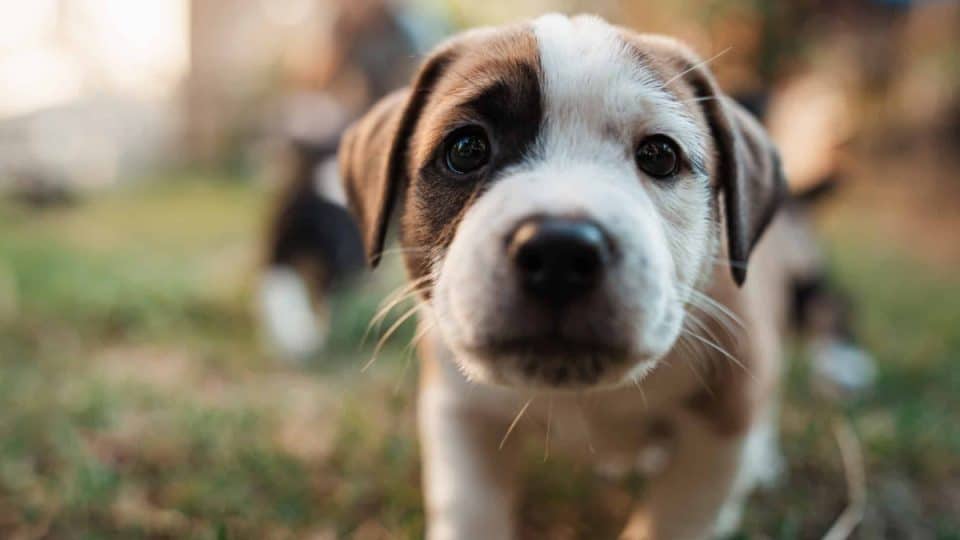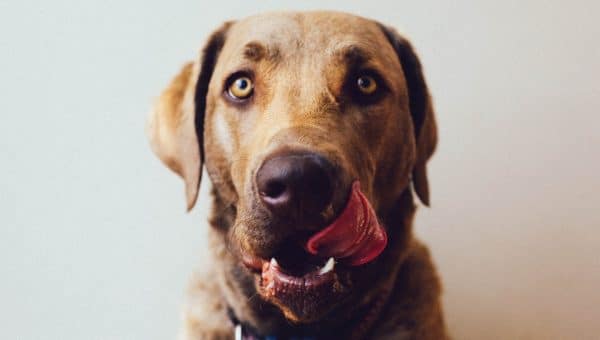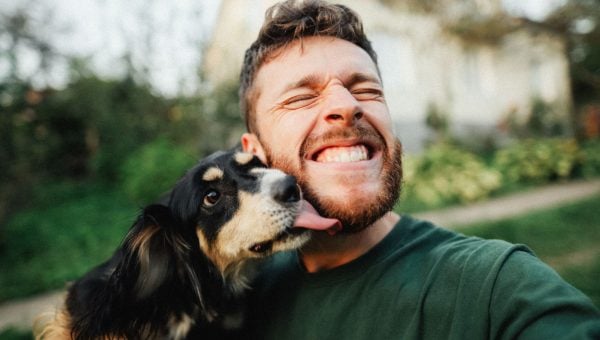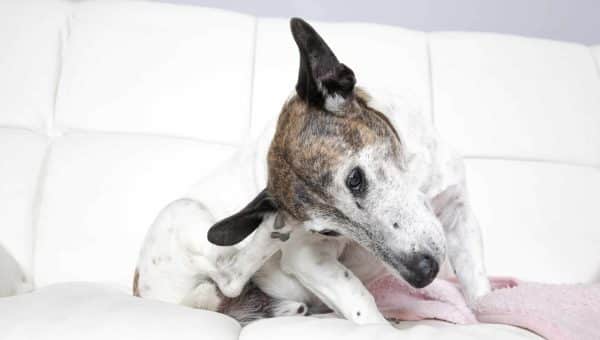When you welcome a puppy into your home, you embark on an exciting adventure. Every puppy stage brings new milestones and challenges, and understanding each aspect of your new puppy’s development can help you learn how to take care of them properly. During each stage, a puppy has different nutritional requirements, behavioural changes, and health concerns. That’s why we put together this guide to puppy development stages to help you on your pet parenthood journey.
Below, learn what to expect during each new puppy stage, including their expected growth rate, behaviour, and more critical tips on nutrition and training.
What Are The Puppy Development Stages?
While there isn’t an official breakdown of puppy stages, many animal shelters and veterinarians divide puppy development into the following periods.
| Puppy Stage | Age | Key Stage Indicators |
| Neonatal | 0-2 weeks | Eyes not open yet |
| Transitional period | 2-4 weeks | Senses beginning to develop |
| Socialisation period | 5-12 weeks | Learning through play |
| Testing period | 4-6 months | Testing boundaries |
The Neonatal Period (0-2 weeks)
When puppies first enter the world as newborns, they’re blind and deaf and rely on their mothers to meet their needs. But if their mother isn’t in the picture, you’ll need to act as their surrogate parent and provide food and care.
At this stage, puppies can only smell, suckle, and squirm around with their littermates. “Their behaviour typically looks like a very wiggly potato,” says Beth Brown, certified dog behavioural consultant, professional dog trainer, and owner of Ear to Tail.
According to Dr Genna Mize, veterinarian and consultant with Virbac, a newborn puppy’s weight will depend on their breed. “A Chihuahua or Yorkshire Terrier newborn might weigh only a few ounces, while a Great Dane newborn might weigh two pounds [907 grams].”
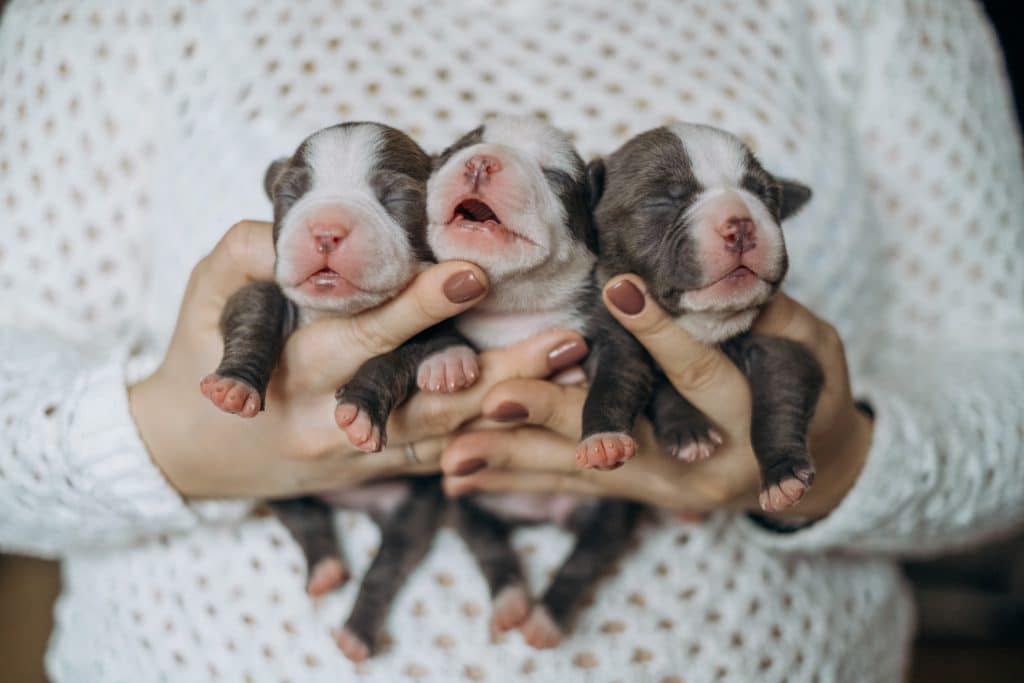
iStock/Lakshmi3
In general, a puppy should gain at least 10% of their body weight daily for the first three weeks. It will also take time for their senses to develop. Brown says their eyes and ears remain shut until seven to 14 days old. Once their eyes open, a puppy’s sight develops until they’re around six weeks old as their corneas mature. Their sense of hearing will mature at approximately five weeks.
Nutrition-wise, in this stage, puppies rely entirely on their mother for nourishment, says Dr Preston Turano, veterinarian and AKC Pet Insurance spokesperson.
If you’re caring for a newborn pup on your own, you’ll need to bottle-feed them puppy milk around four times per day. But, again, it’s best to consult your vet for the right amount of milk replacement to feed them.
Puppies usually get passive immunity by nursing colostrum, a nutrient-rich milk their mothers produce right after birth. So, if you’re caring for orphan or bottle-fed newborns, you may need to use a puppy colostrum replacement to support their immune system.
The Transitional Period (2-4 weeks)
At two to four weeks old, your puppy enters the ‘transition stage’, transforming from a newborn into a proper puppy. Their eyes and ears will open, and they’ll explore the world around them. Brown says this is a critical time for a puppy’s development since their socialisation window is wide open.
During the transitional period, Brown explains that your puppy might wobble, make cute baby sounds, and play more. To further help their development, Brown suggests introducing your puppy to friendly people and new sensory experiences. For example, if you have a backyard where no unvaccinated dogs have wandered, you can take them outside to play and roll around in the grass. “Stimulate their senses in a new way every day, and you’re going to have a puppy that is set up for a lifetime of success,” she says.
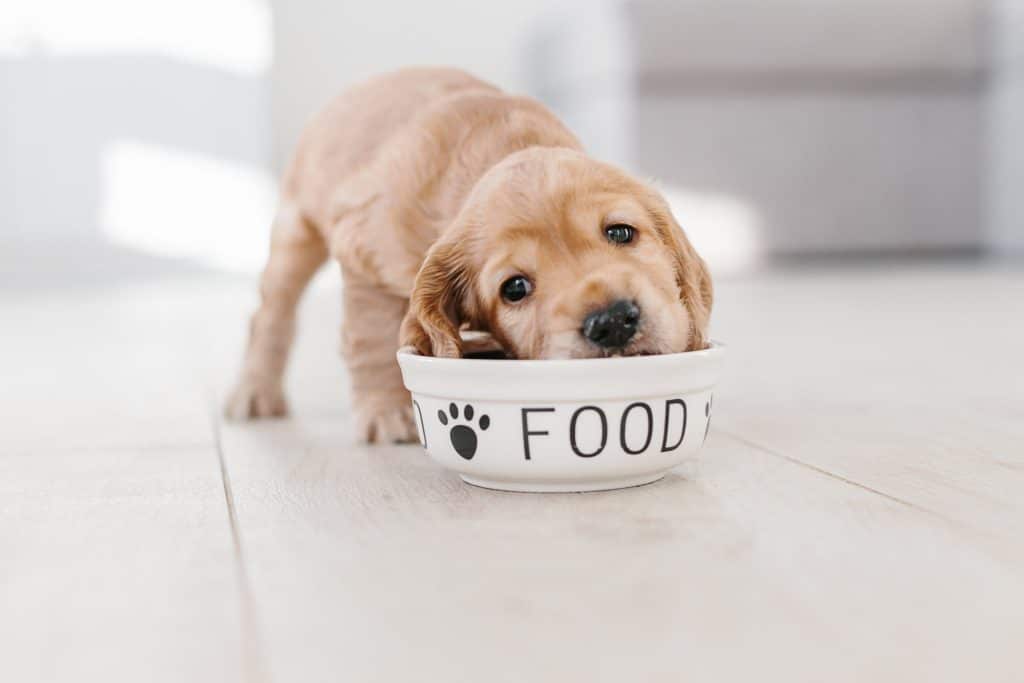
iStock/Switlana Symonenko
Like the newborn phase, most puppies will continue to nurse from their mother until they’re around eight to 10 weeks old. However, some puppies may experiment with solid food at three weeks old when their baby teeth grow.
Dr Mize recommends consulting your vet before introducing young pups to a new food since small breeds are susceptible to hypoglycemia (low blood sugar). In addition, puppies at this age are too young to be vaccinated, so keeping them away from potentially unvaccinated dogs or environments where they may have been is essential. Finally, since their baby teeth are also coming in, Brown suggests putting away any choking hazards a puppy might put in their mouth.
The expected size for your puppy during this period depends on their breed. But, research has shown puppies gained an average of 13-18% of their body weight each day at two to three weeks old.
The Socialisation Period (5-12 weeks)
During the socialisation period, puppies experiment and learn. Brown says while your puppy’s energy during this stage is adorable, it teaches them good manners and boundaries.
Puppies should typically play for 30-90 seconds, then pause to take a break. If you see puppies playing for longer, Brown suggests gently separating them yourself so that they have a chance to calm down. At this point, you can also start training for behaviours you want them to have as an adult after their first round of vaccines. Your puppy can receive their first vaccinations against diseases like parvovirus, distemper, and parainfluenza at this stage.
Again, their expected size at this stage can vary widely. For example, Dr Mize says toy breeds such as Chihuahuas might weigh less than a pound (450 grams), while a large or giant breed might weigh as much as 20 pounds (9 kg).
Since they’re growing rapidly, young puppies have different nutritional requirements from full-grown dogs, meaning they should eat puppy food. At a minimum, puppies need food with at least 22% protein and 8% fat. They should also eat four meals spread evenly throughout the day.
You should also look out for changes in your puppy’s behaviour during the socialisation period, such as a sudden disinterest in play, excessive barking, frequent toilet breaks, and a lack of energy.
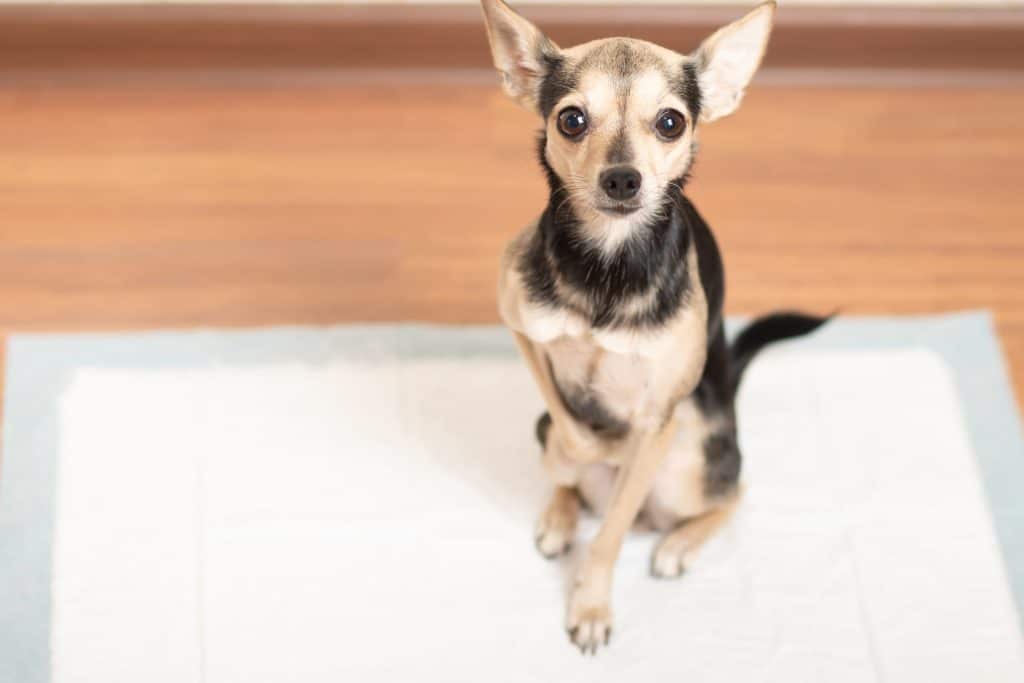
iStock/Yana Tikhonova
Is it time to potty train my puppy?
Brown says pet parents can begin laying the foundations for toilet training during the socialisation stage.
Generally, it’s best to use positive reinforcement to praise your dog for pottying outside and redirect your puppy if they have an accident. Remember: if you punish your dog for having an accident after the act, they won’t understand why you’re doing it, which could make the experience more frustrating for both of you.
The Testing Period (4-6 months)
Brown says that at around four to six months, your puppy begins moving into adolescence and becomes a teenager. Like human teenagers, they may ‘test’ your patience during this period. Your puppy might start to act out or ‘forget’ some of their training. They’re not doing this to spite you; they’re just trying to figure out what behaviours work best to achieve their goals.
Instead of punishing your pup for their unwanted behaviours, Brown suggests positive reinforcement to encourage the behaviours you want to see. For example, encourage them to play with new chew toys rather than yelling at your dog for ripping up the sofa.
Growth-wise, some dog breeds will finish around six months old. Depending on the size of your dog’s breed, you can generally expect them to weigh about 50-75% of their expected adult weight at this time. However, if your dog is a miniature or toy breed, they may finish growing much earlier (six to eight months).
Though they’re moving into adolescence, puppies at this stage still need to eat a diet of puppy food. As a good rule of thumb, vets recommend feeding them puppy food until their first birthday. But, Turano says since a smaller breed might grow faster, you can start transitioning them to adult food earlier.
Your puppy will likely need further vaccinations or booster shots to keep them safe from certain contagious conditions as they grow. You should also watch for rapid shifts in your dog’s behaviour by interpreting their body language.
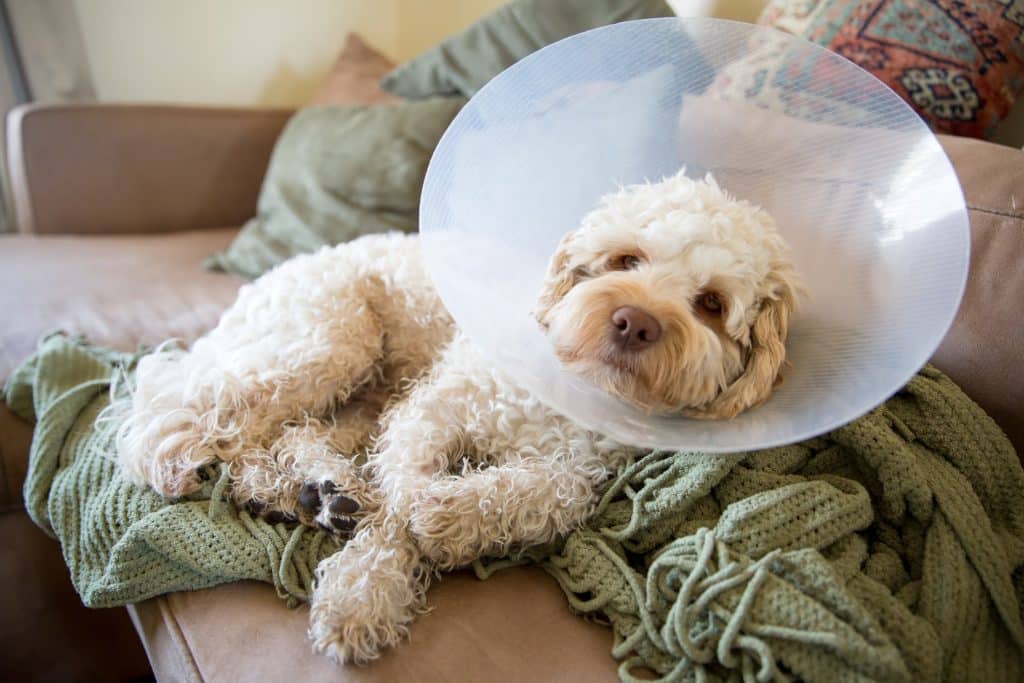
iStock/michellegibson
When Should You Spay Or Neuter Your Puppy?
When your dog reaches around six months old, they generally achieve sexual maturity and can begin fathering or giving birth to puppies.
Most vets recommend spaying or neutering your puppy from between four and six months old or before their first heat if they’re a female. So, if you haven’t had your dog neutered already, now is the time to make an appointment with your vet or at a low-cost spay or neuter clinic.
When Does Puppy Teething Start?
Brown says most puppies will develop adult teeth around four to six months.
“If you see your puppy chewing on a bone and the bone starts to look a little bloody, chances are your puppy is now teething,” she says. “Nothing is safe.”
While you may not consider your favourite shoes or your laptop’s power cord a chew toy, your pup might beg to differ. To keep your belongings safe and your puppy from chewing on potentially harmful materials, Brown recommends keeping an abundance of dog chew toys on hand at all times and supervising your puppy while they’re awake and playful.
When Will Your Puppy Calm Down?
Some puppy-like behaviours can persist until a dog reaches social maturity between three to four years old. But Brown says you can influence your puppy’s behaviour through redirection and enrichment.
“If your puppy is bouncing off the walls and you need them to slow it down, try to engage them in an activity that will get them licking, chewing, digging, or sniffing—these are all calming behaviours for dogs,” Brown says. She also recommends that your puppy get proper rest throughout the day since a sleepy puppy can be cranky.

iStock/ti-ja
What Are Fear Periods & Should You Worry About Them?
When they’re eight to 10 weeks old, puppies may go through a ‘fear period’ when they feel unsure about the world or are particularly sensitive to scary stimuli like loud noises or strangers. But keep socialising your puppy to show them that new experiences can be a good thing, and try to avoid exposing them to anything especially frightening until they move past this stage.
Some dogs may also go through another fear period during adolescence between six to 14 months. But it’s also temporary, and you can encourage your dog to move past it by staying calm and relaxed and giving your dog positive reinforcement during nerve-wracking experiences.
If your dog’s fear persists or they’re incredibly anxious, you may need to work on more extensive dog training or consult a vet or behavioural expert for guidance.
When Will Your Puppy Be Fully Grown?
Turano says smaller breeds usually achieve their final weight at around one year old, while larger breeds can take up to two years to finish growing. However, if your dog is a smaller breed, they may finish growing as early as six to nine months.
While the puppy stage technically ends at around six to nine months old, it might take three to four years for your dog to reach full social maturity, meaning they might remain a ‘puppy at heart’ for a little longer.
So, when your puppy tests your patience, remember it’s temporary. In the meantime, you can savour every moment of their adorableness while it lasts.
